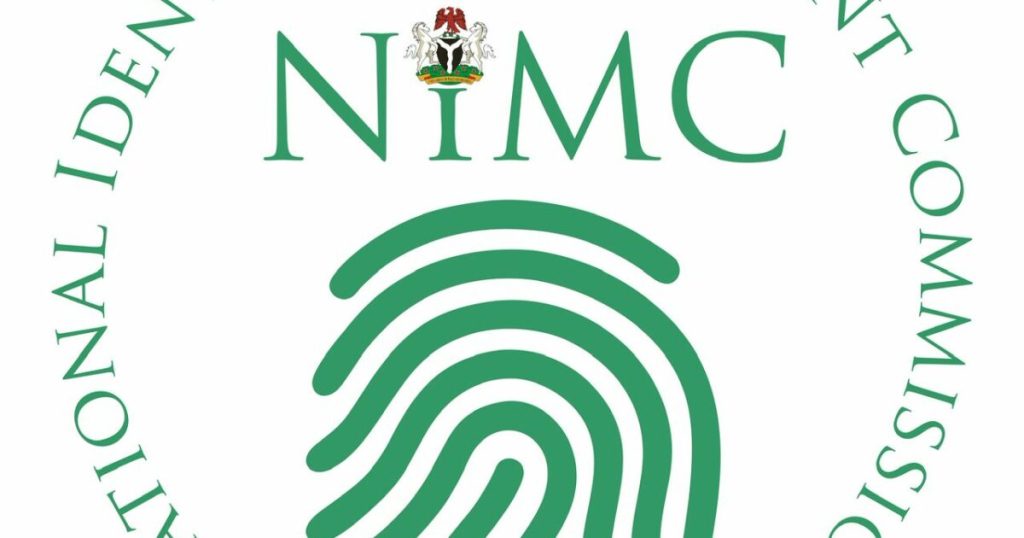The National Identity Management Commission (NIMC) has embarked on an unprecedented nationwide capacity-building program, engaging its entire workforce of 3,785 employees across all levels and locations. This initiative, the first of its kind in the commission’s history, aims to enhance the skills and knowledge of NIMC personnel, ultimately boosting the efficiency of Nigeria’s identity management system. The training comes in direct response to President Bola Tinubu’s directive for improved staff training across all government ministries, departments, and agencies, reflecting a broader push for enhanced public service delivery. This comprehensive approach underscores the government’s commitment to modernizing public services and optimizing operational effectiveness within its institutions.
Historically, staff development within NIMC has been limited, with opportunities for training described as minimal. The current transformative shift is directly attributed to the leadership of Dr. Abisoye Coker-Odusote, the Director-General of NIMC. Since her appointment, Dr. Coker-Odusote has prioritized staff welfare and operational efficiency, introducing several key initiatives. These include the distribution of over 2,500 enrolment devices to bolster data-capturing capabilities, a significant salary increase for staff ranging from 25% to 35%, the provision of additional transport allowances, and the implementation of a free bus service for staff at the NIMC headquarters in Abuja. These measures aim to improve working conditions, boost staff morale, and enhance the commission’s operational capacity.
The comprehensive training program and improved welfare packages have been met with widespread appreciation from NIMC staff across the country. Employees at both state and local government levels have expressed gratitude for Dr. Coker-Odusote’s inclusive approach, recognizing her efforts to create a more supportive and empowering work environment. The provision of essential work tools and resources, coupled with the implementation of enhanced welfare packages, demonstrates a commitment to investing in the workforce and recognizing their crucial role in achieving the commission’s objectives. These initiatives are aligned with President Tinubu’s “Renewed Hope Agenda,” which emphasizes public sector reform and improved service delivery to the Nigerian populace.
Beyond internal capacity building and welfare improvements, NIMC is also focused on enhancing the quality and speed of its services to the public. Last month, the commission launched its Service Charter in Abuja, outlining ambitious targets to improve service delivery by 30% within a year. This charter underscores the commission’s commitment to making Nigeria’s identity management system more efficient, accessible, and user-friendly. The goal is to reduce waiting times for enrolment and card issuance, streamlining processes and minimizing inconvenience for citizens. This focus on user experience and efficiency is a crucial element of the commission’s broader modernization strategy.
Industry analysts view the ongoing reforms at NIMC as potentially transformative for Nigeria’s identity management system. The commission has historically faced challenges related to slow service delivery, inadequate infrastructure, and undertrained staff. By investing in staff training, improving welfare, and modernizing equipment, NIMC aims to create a more motivated and capable workforce, equipped to meet the growing demand for reliable identity services. The impact of these changes is expected to be significant, given that over 200 million Nigerian citizens rely on the commission for enrolment, verification, and other crucial identity management services.
These comprehensive reforms are expected to have far-reaching positive implications for various sectors in Nigeria. A more robust and efficient identity management system will strengthen governance, enhance security measures, and facilitate more accurate economic planning. By providing reliable identification for citizens, the NIMC contributes to greater transparency, accountability, and improved service delivery across government agencies. The reforms also support the nation’s security apparatus by providing a more accurate and comprehensive database for identity verification. Moreover, improved data collection and management capabilities will provide valuable insights for economic planning and resource allocation. Ultimately, these changes represent a significant step towards building a more robust and effective public service framework in Nigeria.


